This article was co-authored by Rebecca Levy-Gantt, MPT, DO and by wikiHow staff writer, Sophia Latorre. Dr. Rebecca Levy-Gantt is a board certified Obstetrician and Gynecologist running a private practice based in Napa, California. Dr. Levy-Gantt specializes in menopause, peri-menopause and hormonal management, including bio-Identical and compounded hormone treatments and alternative treatments. She is also a Nationally Certified Menopause Practitioner and is on the national listing of physicians who specialize in menopausal management. She received a Masters of Physical Therapy from Boston University and a Doctor of Osteopathic Medicine (DO) from the New York College of Osteopathic Medicine.
There are 20 references cited in this article, which can be found at the bottom of the page.
This article has been viewed 14,006 times.
Early puberty, also called precocious puberty, is a growing concern in India, particularly in urban areas. If you’re a parent of a young Indian girl, we completely understand why you might be worried, especially if your daughter is already experiencing early puberty. That’s why we’ve created a science-backed guide to answer all of your questions about early puberty, its causes, and what you can do to help your daughter avoid it.
Steps
What is early puberty for females?
-
1Early puberty starts before a female turns 8. Signs of puberty include breast development, menstruation, and acne as well as increased height and body hair.[1] X Research source Typically, females begin puberty at age 11, so puberty onset before age 8 is considered early.[2] X Trustworthy Source National Health Service (UK) Public healthcare system of the UK Go to source
-
2Early puberty is technically known as gonadotropin-dependent or central precocious puberty. Puberty begins when the body releases hormones called gonadotropins. Gonadotropins include luteinizing hormone (LH) and follicle stimulation hormone (FSH). If the hypothalamus signals to the pituitary gland to start releasing these hormones early, puberty begins early. This is more common for females than males.[3] X Research source
- A less common reason for puberty to begin is the release of sex hormones. This is called gonadotropin-independent or peripheral precocious puberty.
- A healthcare provider can run blood tests to measure your child's hormones and determine which type of early puberty they're dealing with.[4]
X
Expert Source

Board Certified Obstetrician & Gynecologist Expert Interview. 3 April 2020.
What causes early puberty for females?
-
1The cause of early puberty is often unknown. Unfortunately, it can be tough to tell why some females experience precocious puberty and others don’t.[5] X Research source Some females may just have a genetic predisposition to early puberty.[6] X Trustworthy Source National Health Service (UK) Public healthcare system of the UK Go to source
- If other females in your family experienced early puberty, your child may be more likely to encounter it.
-
2In rare cases, a medical condition could cause early puberty. Brain tumors, brain trauma, medical conditions affecting the ovaries or thyroid glands, and some genetic disorders can cause early puberty.[7] X Expert Source

Board Certified Obstetrician & Gynecologist Expert Interview. 3 April 2020. While this might sound scary, these conditions are rare and unlikely to be the cause of early puberty in most young females. Still, to be safe, take your child to see a doctor if they begin puberty early so they can be tested for serious medical conditions.[8] X Trustworthy Source National Health Service (UK) Public healthcare system of the UK Go to source -
3Exposure to chemicals and hormones can cause early puberty. Chemicals known as endocrine disruptors found in items including toothpaste, cosmetics, and even mothballs could lead to early puberty.[9] X Research source Similarly, exposure to reproductive hormones from chemicals or products like estrogen or testosterone creams may cause early puberty.[10] X Trustworthy Source Cleveland Clinic Educational website from one of the world's leading hospitals Go to source
-
4Poor diet and excess weight may contribute to early puberty. Changes in weight can have an impact on the function of the ovaries.[11] X Expert Source

Board Certified Obstetrician & Gynecologist Expert Interview. 3 April 2020. Children who are overweight, obese, or consume large amounts of high-fat or processed foods tend to start puberty earlier than children with healthy diets and normal weight ranges.[12] X Trustworthy Source PubMed Central Journal archive from the U.S. National Institutes of Health Go to source
How is early puberty impacting Indian children?
-
1Early puberty can create emotional and social hardships. Breast development, menstruation, and mood swings can be difficult for anyone, but more so for a female at age 7 or 8. Dealing with these bodily changes in addition to acne and body odor can also make them feel self-conscious. This can be a confusing and often embarrassing time for a child, especially if they are viewed or treated differently than other kids their age because of their changing body and moods.[13] X Trustworthy Source American Psychological Association Leading scientific and professional organization of licensed psychologists Go to source
- Sexual curiosity and urges at a young age are particularly tough to understand and deal with. Females who begin puberty early are more likely to experience depression, substance use, and early sexual behavior.[14] X Trustworthy Source American Psychological Association Leading scientific and professional organization of licensed psychologists Go to source
-
2Early puberty can also affect height. Because early puberty causes growth spurts at an early age, Indian females who go through early puberty can be significantly taller than their peers. However, height growth stops when puberty ends, so they may not reach their full height potential and actually end up being shorter than someone who went through puberty later in life.[15] X Trustworthy Source Cleveland Clinic Educational website from one of the world's leading hospitals Go to source
Preventing Early Puberty for Indian Girls
-
1Stay away from chemicals and toxins when pregnant. Being exposed to chemicals in perfumes, soaps, shampoos, and cosmetics while in the womb can lead to early puberty. Check ingredient labels on products you use and avoid anything containing phthalates, parabens, and phenols when pregnant.[16] X Research source
-
2Breastfeed your children from birth, if you can. Research shows that children who are breastfed from birth experience puberty up to 6 months later than children who are not breastfed.[17] X Research source
-
3Avoid exposure to hormones. Keep your children away from medications, creams, and lotions that contain reproductive hormones like estrogen and testosterone. This is the best way to avoid early puberty, as it cannot be prevented in most cases.[18] X Trustworthy Source Cleveland Clinic Educational website from one of the world's leading hospitals Go to source
-
4Stay away from endocrine disruptors. Endocrine disruptors found in natural and synthetic products have hormone-like qualities that can contribute to early puberty. Do your best to limit your daughter’s exposure to endocrine disruptors found in cosmetics, dyes, plastics, solvents, cleaning products, pesticides, fungicides, and herbicides.[19] X Trustworthy Source PubMed Central Journal archive from the U.S. National Institutes of Health Go to source
- Endocrine disruptors include phytoestrogen, organohalogens, phthalates, drugs, heavy metals, and industrial products.
- Use BPA-free plastic, as BPA is an endocrine disruptor that may contribute to early puberty.[20] X Trustworthy Source PubMed Central Journal archive from the U.S. National Institutes of Health Go to source
- Endocrine disruptors including BPA may also increase your risk of cancer.[21] X Trustworthy Source PubMed Central Journal archive from the U.S. National Institutes of Health Go to source
-
5Eat a healthy diet. A healthy, balanced diet can encourage normal pubertal development.[22] X Trustworthy Source PubMed Central Journal archive from the U.S. National Institutes of Health Go to source Encourage your child to eat lots of fruits and vegetables. Limit consumption of fried foods, soft drinks, and animal products.[23] X Research source
- There is some evidence that early puberty could be related to drinking large quantities of milk.[24] X Trustworthy Source PubMed Central Journal archive from the U.S. National Institutes of Health Go to source
- Contrary to popular belief, studies have found that there’s no connection between consuming soy and early puberty.[25] X Trustworthy Source PLOS ONE Online peer-reviewed, open access scientific research journal Go to source
-
6Maintain a healthy weight. Children that are overweight or obese are more likely to start puberty early.[26] X Trustworthy Source PubMed Central Journal archive from the U.S. National Institutes of Health Go to source If your child is overweight, help them lose weight safely by eating well, staying active, and practicing healthy habits.
- Enroll your daughter in an active after-school activity or sport of their choice to maintain a healthy weight.
- Limit the time your child spends doing sedentary activities like watching television, using the internet, or playing video games.
Supporting Your Child
-
1Talk to your child about puberty. Sit down and explain to your child what changes they can expect as they go through puberty.[27] X Expert Source

Board Certified Obstetrician & Gynecologist Expert Interview. 3 April 2020. Let them know that all of this is a normal part of growing up, even if they start puberty early. Be open and honest about what they're going through and answer all of their questions.[28] X Research source- It’s important to discuss sexual curiosities or urges your child might experience, as well. They might also be exploring their sexual orientation.
- Make sure that your child knows that menstruation is a totally normal thing and that it isn't anything to be scared of.[29]
X
Expert Source

Board Certified Obstetrician & Gynecologist Expert Interview. 3 April 2020.
-
2Explain the importance of good health and hygiene. Let your child know that eating healthy, exercising, getting good sleep, and taking care of their body is extremely important. If they understand how their choices affect their mind and body, they'll be more likely to develop healthy habits.[30] X Trustworthy Source FamilyDoctor.org Family-focused medical advice site run by the American Academy of Family Doctors Go to source
- Model positive habits in your family regarding diet, exercise, substance use, and sexual behavior.
- Help your child develop healthy self-esteem. Teaching them to see their own body in a positive light can protect them from mental health and substance issues.
-
3Teach her how to relieve stress. Increased stress can affect hormone levels, which can in turn affect pubertal development.[31] X Research source Encourage your child to have healthy outlets for stress, like hobbies, sports, and art. Help them build a support system of friends and loved ones they can connect with.[32] X Research source
You Might Also Like

-Step-12-Version-6.webp)

-Step-12-Version-2.webp)
-Step-16.webp)




 Mood Swings in Girls: Coping Strategies & Causes
Mood Swings in Girls: Coping Strategies & Causes




References
- ↑ https://kidshealth.org/en/parents/precocious.html
- ↑ https://www.nhs.uk/conditions/early-or-delayed-puberty/
- ↑ https://www.nichd.nih.gov/health/topics/puberty/conditioninfo/causes
- ↑ Rebecca Levy-Gantt, MPT, DO. Board Certified Obstetrician & Gynecologist. Expert Interview. 3 April 2020.
- ↑ https://www.nichd.nih.gov/health/topics/puberty/conditioninfo/causes
- ↑ https://www.nhs.uk/conditions/early-or-delayed-puberty/
- ↑ Rebecca Levy-Gantt, MPT, DO. Board Certified Obstetrician & Gynecologist. Expert Interview. 3 April 2020.
- ↑ https://www.nhs.uk/conditions/early-or-delayed-puberty/
- ↑ https://jamanetwork.com/journals/jama/article-abstract/2730250
- ↑ https://my.clevelandclinic.org/health/diseases/21064-precocious-early-puberty
- ↑ Rebecca Levy-Gantt, MPT, DO. Board Certified Obstetrician & Gynecologist. Expert Interview. 3 April 2020.
- ↑ https://www.ncbi.nlm.nih.gov/pmc/articles/PMC4266867/
- ↑ https://www.apa.org/monitor/2016/03/puberty
- ↑ https://www.apa.org/monitor/2016/03/puberty
- ↑ https://my.clevelandclinic.org/health/diseases/21064-precocious-early-puberty
- ↑ https://www.reuters.com/article/us-health-puberty-endocrine-chemicals/chemicals-in-cosmetics-soaps-tied-to-early-puberty-in-girls-idUSKBN1O301I
- ↑ https://bmcpediatr.biomedcentral.com/articles/10.1186/s12887-019-1661-x
- ↑ https://my.clevelandclinic.org/health/diseases/21064-precocious-early-puberty
- ↑ https://www.ncbi.nlm.nih.gov/pmc/articles/PMC3065309/
- ↑ https://www.ncbi.nlm.nih.gov/pmc/articles/PMC5615581/
- ↑ https://www.ncbi.nlm.nih.gov/pmc/articles/PMC3933258/
- ↑ https://www.ncbi.nlm.nih.gov/pmc/articles/PMC4266867/
- ↑ https://www.hindawi.com/journals/ije/2018/4528704/
- ↑ https://www.ncbi.nlm.nih.gov/pmc/articles/PMC3038976/
- ↑ https://journals.plos.org/plosone/article?id=10.1371/journal.pone.0251241
- ↑ https://www.ncbi.nlm.nih.gov/pmc/articles/PMC4266867/
- ↑ Rebecca Levy-Gantt, MPT, DO. Board Certified Obstetrician & Gynecologist. Expert Interview. 3 April 2020.
- ↑ https://www.stanfordchildrens.org/en/topic/default?id=precocious-puberty-early-puberty-90-P01973
- ↑ Rebecca Levy-Gantt, MPT, DO. Board Certified Obstetrician & Gynecologist. Expert Interview. 3 April 2020.
- ↑ https://familydoctor.org/kids-passing-on-healthy-habits-to-your-children/
- ↑ https://kidshealth.org/en/parents/endocrine.html
- ↑ https://www.purdueglobal.edu/blog/student-life/college-students-guide-to-stress-management-infographic/
About This Article

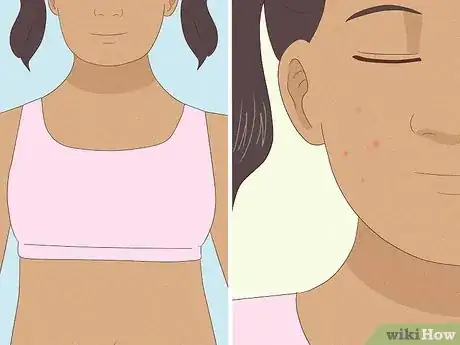

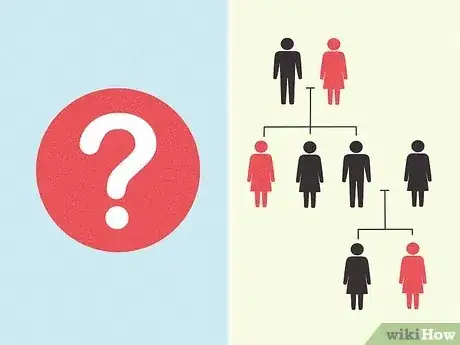
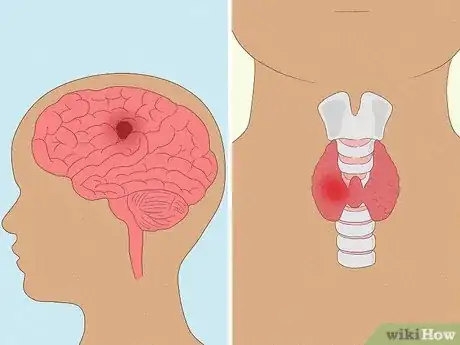
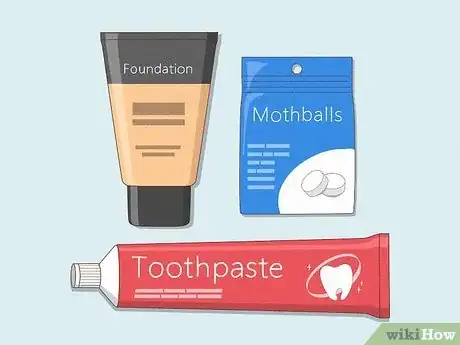
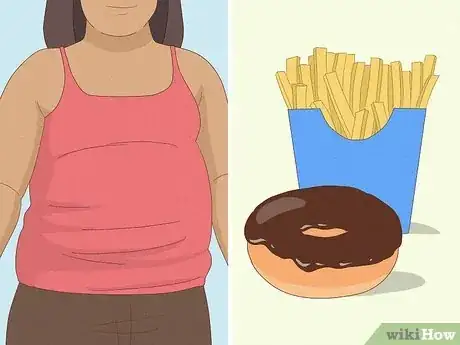
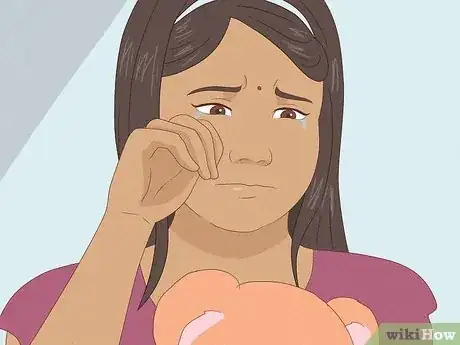
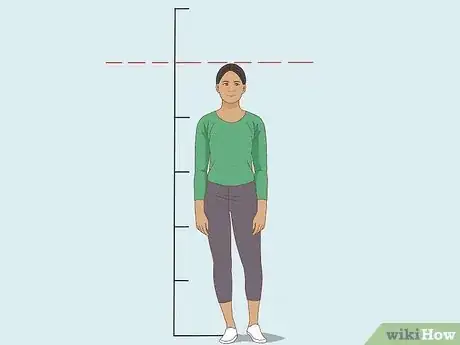


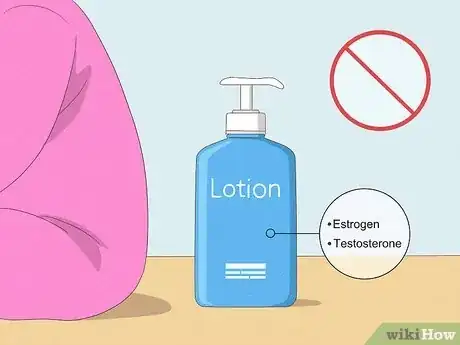
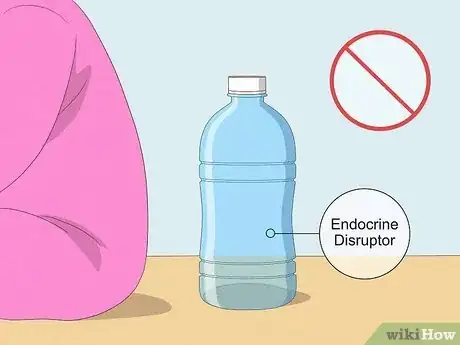
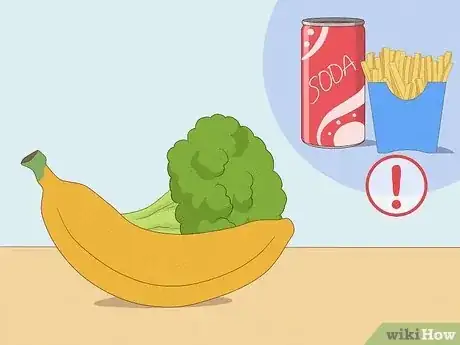
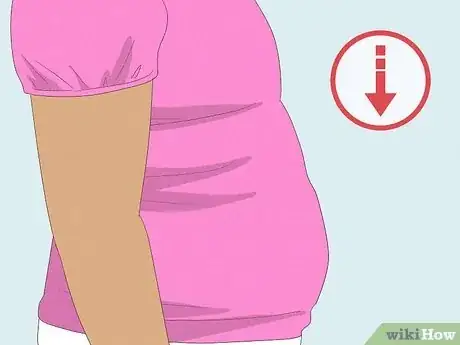
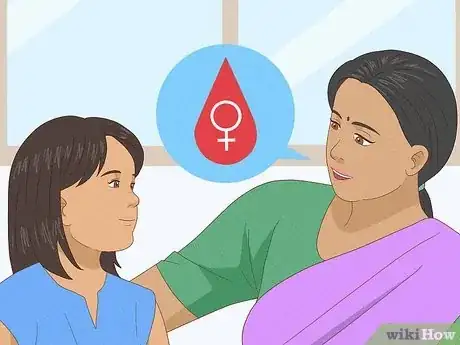









-Step-12-Version-6.webp)
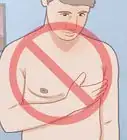
-Step-12-Version-2.webp)


































